The spillover effects of the crisis between Russia and Ukraine are spreading across the globe, posing new and serious challenges to an already troubled world.
History and reality are inextricably linked. This conflict is riddled with the accumulated contradictions created during the Cold War of the previous century, and reflects the profound and complex changes unseen in a century. For the international community, whether we can properly resolve the crisis on its own merits concerns the stability of the global order, peace, and development.
Throughout history, one's ethics will be tested at critical times. In the face of the Russia-Ukraine conflict, should we intensify the conflict and hijack the world with selfish intentions? Or should we promote peace talks to de-escalate the situation, and shape the future with justice?
The answer is self-evident. Only by truly standing on the right side of history can we resolve the conflict.
"The international community should continue to create conditions and environment for the Russian-Ukrainian negotiation process and open up space for a political settlement. It should not add fuel to the fire and intensify contradictions."
On the evening of April 1, Chinese President Xi Jinping met with President Charles Michel of the European Council and President Ursula von der Leyen of the European Commission by video in Beijing. Xi elaborated several ways to solve the crisis in Ukraine under the current situation.
First, promoting peace talks. Second, preventing a humanitarian crisis on a bigger scale. Third, fostering lasting peace in Europe and the Eurasian continent. Fourth, preventing the regional conflicts from magnifying.
Promoting peace talks and cooling down the situation as soon as possible
Throughout the Ukrainian crisis, China has insisted on the position of peace and remained sober and calm.
An effective response to the crisis requires a vision of openness, impartiality, objectivity and rational responsibility, rather than forcing people to choose sides, creating rumors and shirking responsibility.
If we want to promote peace talks, we should not only take selfish gain into account. Amid the Ukrainian crisis, the United States has been pushing up tensions in order to profit from the chaos. The strategic logic behind its behavior is to let the world fall into "controllable chaos," and then the United States can gain strategic benefits by becoming an "island of order."
Since the occurrence of the conflict between Russia and Ukraine, China has presided over justice. China has always advocated for peace, opposed war, advocated the maintenance of international law and the recognized basic norms of international relations, and will continue to make independent judgments based on the merits of the matter and in an objective and fair manner.
Peace talks can be promoted by cooling down the intense situation rather than fanning up the flames. The Russia-Ukraine conflict is something that all rational countries oppose. But the US continues to stir up trouble and attempts to deplete Russia's national strength at the expense of the interests of the Ukrainian people. It has also tried to play up the European security dilemma and reactivated the "brain dead" NATO without firing a shot, so as to bind Europe, which is seeking strategic autonomy, more firmly to the American chariot. As a result, the environment for the international community to maintain world peace and promote common development has become more complex.
China, the largest trading partner of Russia and Ukraine, has been able to maintain good relations with both countries for a long time. As the conflict started, the Chinese government was able to evacuate more than 5,200 of its citizens to Ukraine's neighboring countries. This was all done in collaboration with the Ukrainian government and aid from its public sectors.
China's advocacy is pragmatic and constructive, and it is seeking peace. China believes that the top priority now is for all parties to work together to promote dialogue between Russia and Ukraine, cease fire and end the war as soon as possible and avoid a potentially catastrophic humanitarian crisis.
To promote peace talks, we should not measure the stature of great men by the yardstick of small men. At a critical moment when there is an urgent need to build consensus and strengthen cooperation, some people in the United States have made unfounded statements one after another, constantly slandering China on the Ukrainian issue. For instance, they falsely accused China of being informed Russia's military action "in advance," of "turning a blind eye" to the deterioration of the situation, of China's "looking coldly from the side-lines at the conflict" and of "indifference" to Ukrainian human rights, in a vain attempt to blow up a wave a "storm of false information" to erase China's efforts, distort China's intentions and coerce China.
This is the typical routine of America to whip up public opinion. According to the analysis of British scholar Tom Fowdy, the United States believes that slandering China can "kill two birds with one stone". However, China will continue to adhere to a strategy in line with its long-term interests.
Most countries in the international community are generally concerned about the impact of the crisis and actively advocate promoting peace talks. South African President Cyril Ramaphosa pointed out that despite some people's attempts to make South Africa oppose Russia, South Africa will not take a hostile position or act against Russia, and hopes that the two sides will resolve the current dispute through dialogue and negotiation, for war and violence will never really solve any problems. Indian external affairs minister Subrahmanyam Jaishankar said that India has always advocated resolving disagreement and disputes through dialogue and diplomacy.
China has also put forward six-point initiative to prevent a large-scale humanitarian crisis in Ukraine. Based on the actual needs of representative groups such as displaced people, civilians and foreigners in Ukraine, China has proposed in a classified, accurate and overall manner from the three levels of stopping the loss, giving aid and channeling stranded people. China has provided and will continue to provide humanitarian assistance to Ukraine, sending food, medicine, sleeping bags, baby milk powder, etc, to the local people, rather than providing weapons and ammunition to any party. Olena Stokoz, vice president of the Ukrainian Red Cross Society, said that the emergency supplies sent by China are of great significance to the displaced Ukrainian people.
A man of high moral quality will never feel lonely. China's just propositions and pragmatic measures are aimed at solving the urgent crisis in order to cease fire and end the war at an early date, avoid humanitarian crisis and restore peace and stability, which is also a strong consensus of most countries in the world. Among over 190 member states of the United Nations, more than 140 countries do not participate in the sanctions against Russia, which shows that the vast majority of countries in the world treat the issue of sanctions with a prudent and responsible attitude.
As an old Chinese saying goes, "if you are virtuous, you will not be lonely." China's just claims and pragmatic measures over the Russia-Ukraine crisis are aimed at solving the urgent problem. It intends to stop the war as soon as possible, avoid a humanitarian crisis, restore peace and stability, which is also the strong consensus of most countries in the world. Among the over 190 UN member states, more than 140 countries have not joined the sanctions against Russia. This shows that the vast majority of countries in the world are treating the issue of sanctions prudently and responsibly.
Cherishing human livelihoods, strictly controlling spillover effects of Ukraine crisis
To resolve the complicated Ukrainian crisis requires patience like reeling silk from cocoons, and more essentially a firm belief in standing on the side of peace.
However, as the initiator of the Russia-Ukraine conflict, the US has not taken practical measures to ease the situation, but has constantly intensified conflict to create obstacles for Russia-Ukraine negotiations and intensified the confrontation to maximize geopolitical profit. Since late February, the US and the EU have imposed more than 5,000 new sanctions on Russia, covering areas of economy, trade, politics, military, science, technology and finance. Western sanctions imposed on Russia in the past 40 days are about 1.5 times more than those imposed on Iran in the past 40 years.
Far from helping to quell the Ukraine crisis, the overwhelming sanctions have pitted the West against the rest of the world. As Walter Mead, a columnist at the Wall Street Journal pointed out, the increased willingness of the Western powers to weaponize the global economic system during the Russia-Ukraine crisis horrified leaders in many non-Western countries, and the West will pay a price for overlooking the gap with the rest of the world.
At this critical moment, preventing the spillover of the crisis has become a universal appeal of the international community. China and Thailand spoke on the Ukraine issue, calling for joint efforts to support peace talks between Russia and Ukraine until a peace agreement is reached, to work to prevent a large-scale humanitarian crisis and to provide timely humanitarian assistance. The spread of negative spillovers should be curbed, and the momentum of global economic recovery should be maintained. The hard-won peace and development in Asia should be cherished, while the regional and world peace and stability should be promoted. Pakistani Foreign Minister Shah Mehmood Qureshi said that Pakistan and the Organization of Islamic Cooperation are deeply concerned about the multiple challenges brought by the spillover effects of the crisis to developing countries, and stand for resolving disputes through diplomatic means based on respect for international law and the purposes and principles of the UN Charter.
Preventing the spillover of the crisis concerns peace and development of the times.
The international community has not been peaceful since the end of the Cold War. From wars in the Middle East to the Arab Spring, from the Color Revolutions in Eurasia to the New Monroe Doctrine in Latin America, the US has been undermining the regional and global stability while benefiting from it. Ukraine bleeds, the US reaps profits, and the world pays the bill. In the new game of "European security challenge" manipulated by the United States, many European countries broke their original "taboos" and introduced accordingly intensive measures. All of a sudden, the wave of military expansion and war preparation surged across the European continent, which in turn further stimulated the escalation of the Russia-Ukraine situation. Germany, for example, lifted the previous ban and for the first time publicly sent "lethal weapons" such as anti-tank weapons and anti-aircraft defense systems to "countries in war-torn areas." Since 1990, Germany has drastically increased its defense budget for the first time, announcing the creation of a €100 billion "special fund" to boost its military strength.
The result, of course, is that American bankers, arms dealers and oil barons are prospering while Europe's quest for security, stability, peace and prosperity runs in the opposite direction. If the Ukraine crisis spills over further, it will surely shock the rest of the world and even shake the theme of the times for peace and development.
Preventing the spillover of the crisis concerns global economy and well-being.
The US and the West have politicized, instrumented and weaponized the global economic system and imposed rounds of sanctions on Russia, ignoring the faltering global economy under the wight of the pandemic. What is particularly striking is that the US started its national financial sanctions machine, restricted the financing of Russian sovereign debt in international financial market, froze half of the Russian Central Bank's foreign reserves, and excluded seven banks from SWIFT, which seriously shook the trust in the world economic and financial order.
In the wake of the severe impact from COVID, global finance, trade, energy, science and technology, food, industrial and supply chains are all experiencing renewed crises. The United Nations Conference on Trade and Development recently issued a report pointing out that conflicts have resulted in rising food, fuel and fertilizer prices as well as a rapidly deteriorating world economic outlook, particularly in Africa and the least developed countries. Growing financial instability and rising global trade costs have severely impacted the world economy.
It is ordinary people who suffer the pain of all-round and indiscriminate sanctions. According to the Organization for Economic Cooperation and Development, the world economy is expected to fall by 1% this year and inflation to rise by 2.5 percent due to the Russia-Ukraine crisis and sanctions. A protracted conflict between Russia and Ukraine could push eurozone inflation above 7 percent and British inflation above 10 percent according to the Oxford Economics.
There are reasons to worry that the continuing crisis could undo decades of work in international economic cooperation. Shannon K. O 'Neill, vice president of studies at the Council on Foreign Relations, said the West will find out that sanctions are not without consequences. The resulting supply shortages and price spikes will hurt both European and American economies. Civilians, especially those in the world's poorer countries, may face death because of skyrocketing food prices or endure extreme heat or cold resulted from power failure.
However, it is not the responsibility of people in all countries to pay for geopolitical conflicts and game of great powers! War and sanctions are not the only two options in dealing with international and regional hotspot issues. Dialogue is the fundamental solution, all the more so for the sake of global livelihoods.
To prevent the crisis from spilling over, it is necessary not only to make efforts to quell the conflict at the "epicenter," opposing the handover of knives and profits from chaos, but also to stay awake on the "periphery" of the crisis, objecting to the definition of crisis as "the battle of freedom and autocracy," so as to avoid restarting confrontation between camps and kidnapping the whole world into crisis.
No "New Cold War" in establishing global general security
Devastated by the two world wars and thus knowing that conflicts are not in its own interests, the European continent cherishes long-term peace and the accompanying development dividends. So how come it reignites war three decades after the end of the Cold War, over Ukraine's accession to NATO?
The crux of the problem has been pinpointed by the former German Chancellor Gerhard Schröder. As he puts it, "we have not yet created a security architecture that takes into account the changed situation" since the end of the Cold War, "and the war in Ukraine is a consequence of this political failure."
Although history never travels in a straight line, the United States and NATO have derailed from reforming the European security framework for too long. What's more concerning is their actions since the Russia-Ukraine conflict started, which thoroughly expose how they fall behind the times in the following aspects:
Embracing extreme deontology, they measure other countries as being either right or wrong against Western values and interests. There are either angels or devils in their binary "friend-or-foe" identification.
Instrumentalizing humanitarianism and creating labels, they slander and smear the imaginary enemies and their supporters with "inhumanity" so as to confuse the public, which obstructs and calls countries truly practicing humanitarianism into question.
Using and abusing the "clash of civilizations' rhetoric, they consider the human rights of Ukrainian Catholics and the white refugees outweigh that of Ukrainian Orthodox and refugees from the Middle East. Discriminatory treatment toward the Ukraine refugees of different colors is a full disclosure of their inclination to racism and religion-centrism.
Since the outbreak of the Russia-Ukraine conflict, the "New Cold War" talks abound in western public opinion. Some people in the United States and Western countries propagate a comeback of "parallel worlds." They advocate returning to the narrow Western world so as to ensure its stability and prosperity, leaving the international society to gradually split into two "parallel worlds" of west and non-west. This "parallel relationship" is being shaped into a confrontational state of newly opposing camps set up by the United States in order to maintain its own hegemonic position. According to Clifford Kiracofe, former Senior Staff Member of the US Senate Committee on Foreign Relations, the Ukraine crisis is just one example of the growing pressure on the EU to keep pace with the United States. The Washington "hawks" are finding new forms to extend the Cold War.
The American "New Cold War" game involves not only Europe but also other allies like Japan and Australia who have joined forces with the United States in recent years, attempting to repeat bloc confrontations in the Asia-Pacific region and undermine its regional security situation. There surfaces their intention to suppress and contain China as a major competitor.
Europe does not want a New Cold War. The leader of the Alternative for Germany (AfD) Alice Weidel points out that, adhering to the outdated Cold War mentality, the West hardliners made a catastrophic historical mistake. What's needed by all parties is to make utmost efforts to establish a security mechanism for Europe that transcends the West-East blocs mentality.
The fundamental solution to the Ukraine crisis is to accommodate the legitimate security concerns of all parties related and to build lasting peace in Europe and Eurasia. All parties should support Europe, especially the EU, to play a leading role in the construction of a balanced, effective and sustainable European security framework through facilitating dialogues between Europe, Russia, the United States and NATO so as to face up to and find solutions to their contradictions accumulated over the years.
Needless to say, the world does not want a New Cold War either. Singaporean scholar Kishore Mahbubani says that it requires a most significant shift in thinking among the American policymakers involved in the "Indo-Pacific Strategy" to stop rendering politics as either-or propositions which would limit them to cooperation with only their allies or partners like Australia-UK-US (AUKUS) security alliance or the QUAD. Instead, the United States should adopt a realistic view of geopolitics and work together with Asian countries including China.
In a world undergoing profound changes in a century, difficulties and hopes are intertwined. In the face of changes in power and adjustments of order, only countries that advances with history and prosper with the times can ride the wind-whipped waves for a bright future.
Nowadays, the Cold War mentality cannot serve to build the global and regional security framework.
For more than a month, the brutal conflicts in the fierce gaming of great powers around the world have struck awareness into peace-loving people that the crooked path of confronting and tearing the world apart will only intensify hatred and suspicion which raises the risk of chaos. Commitment to building a universally secure world in a common, comprehensive, cooperative and sustainable manner is the right choice that serves the common interests of all parties, and is also the only road that leads to the right side of history.
The author is an observer on current affairs. opinion@globaltimes.com.cn
This is part two of a two-part essay titled "Historical matrix of Russia-Ukraine conflict and the caution for the times."








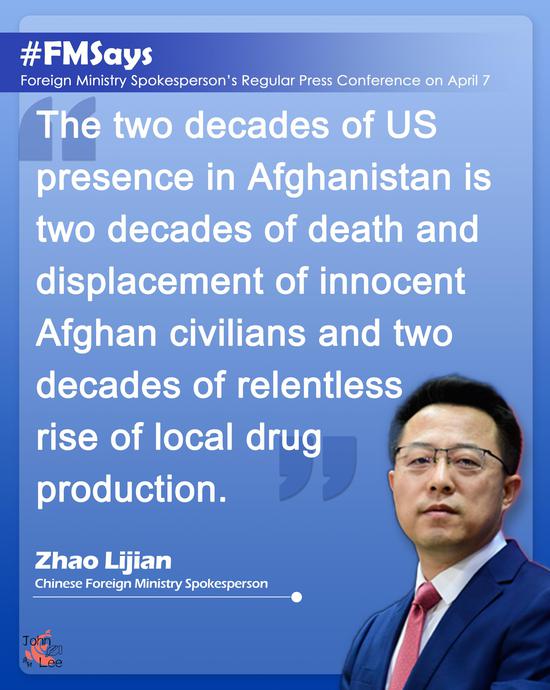
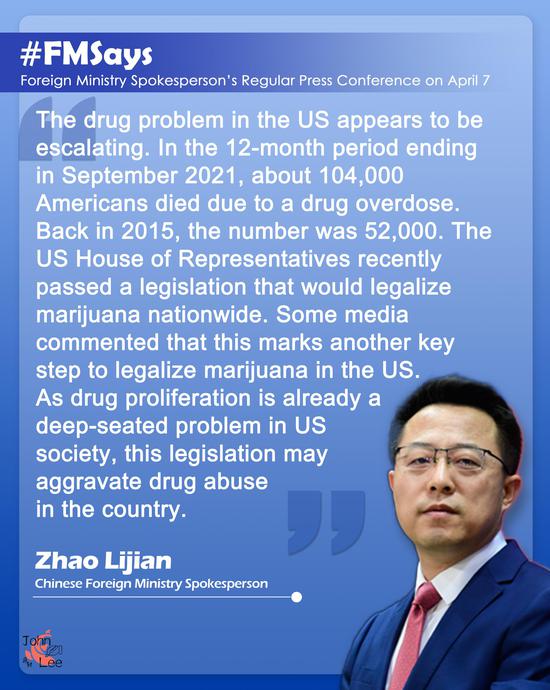

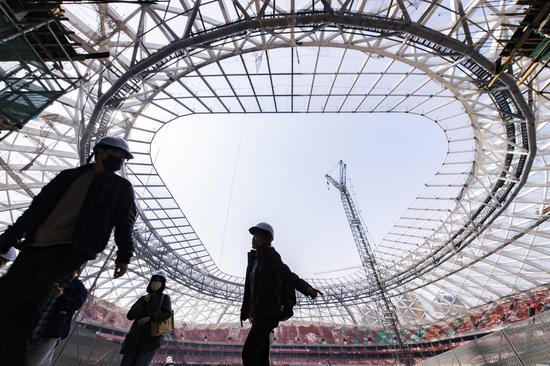

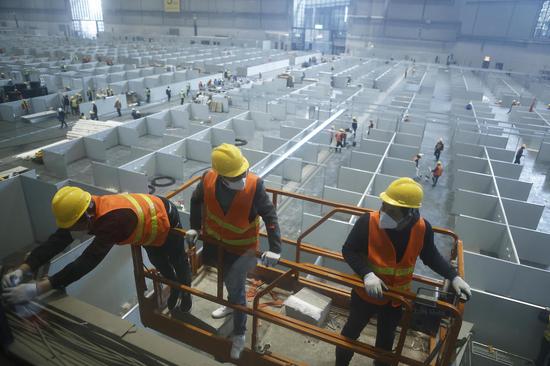
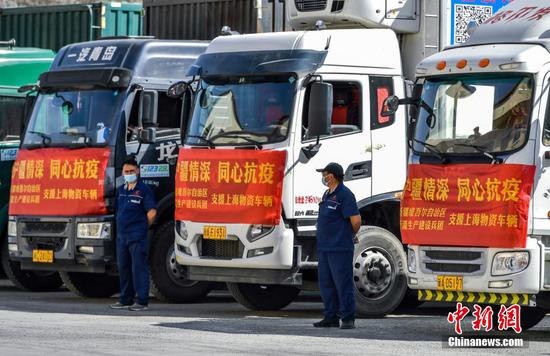

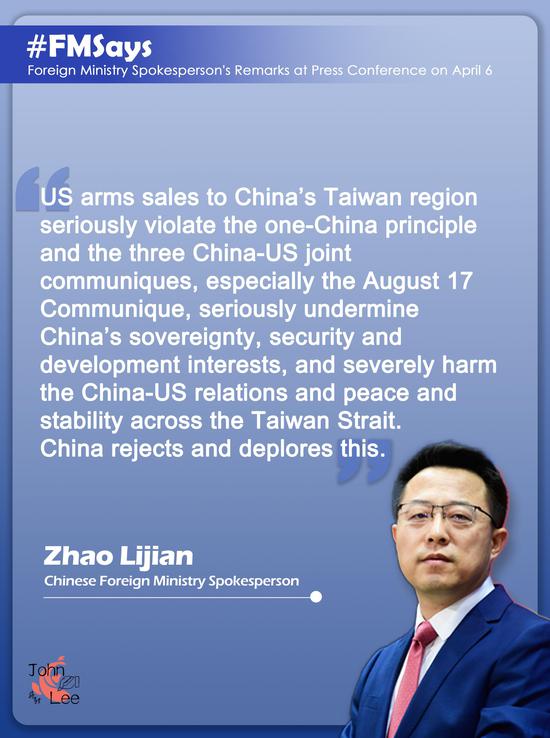
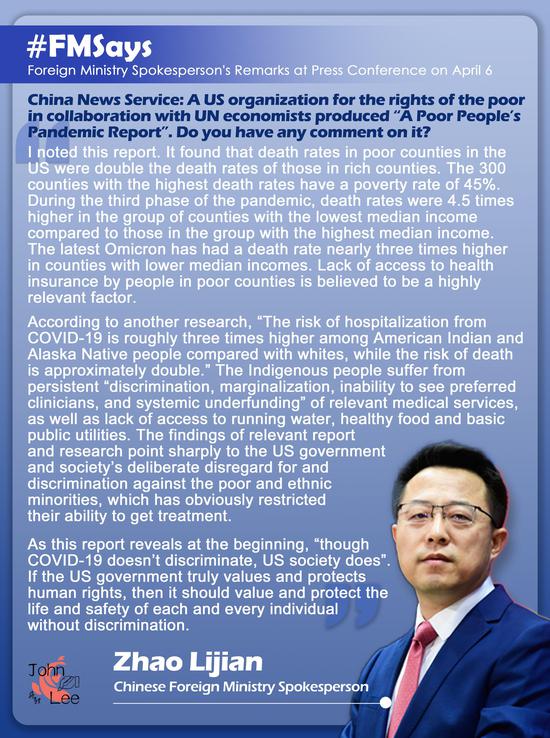




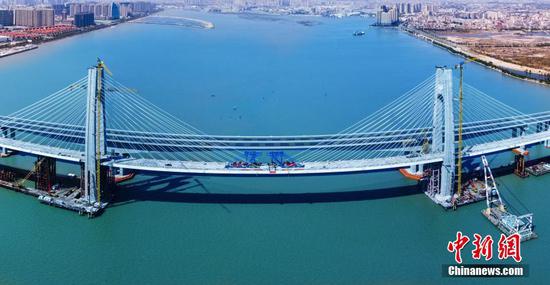
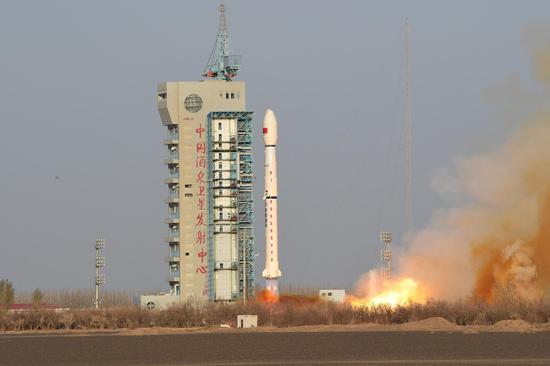
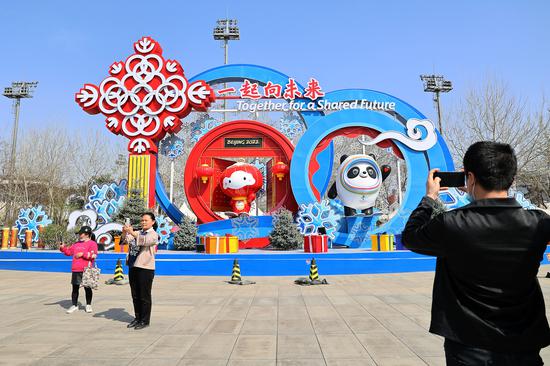
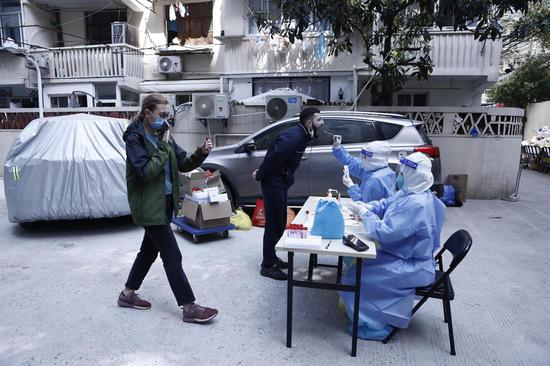


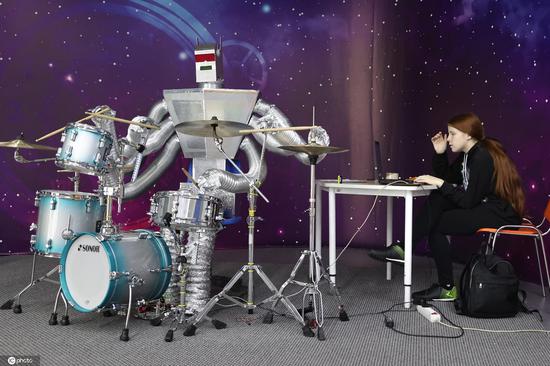
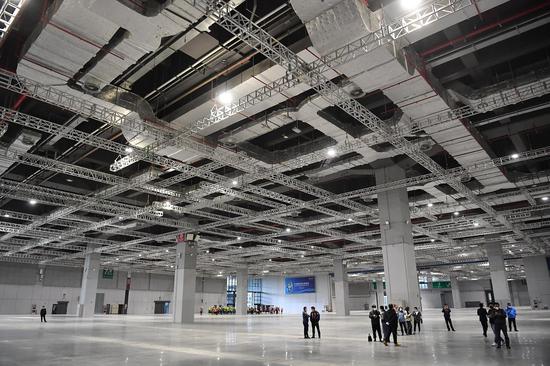


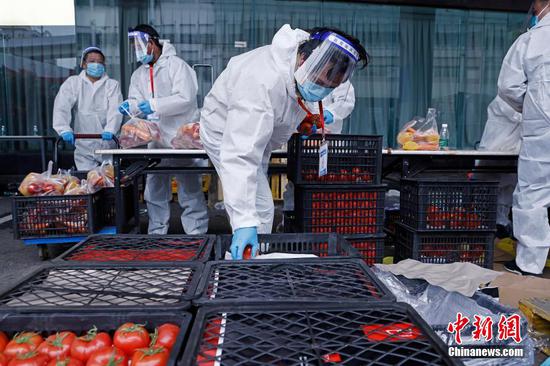
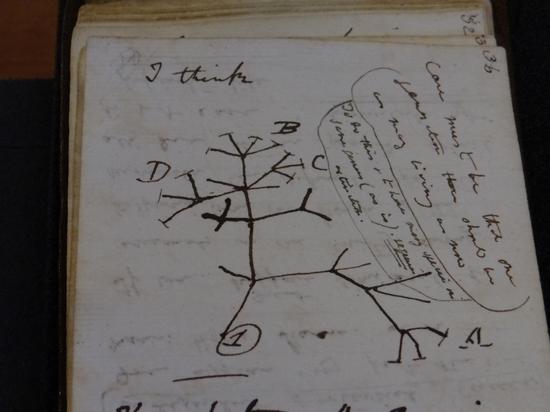
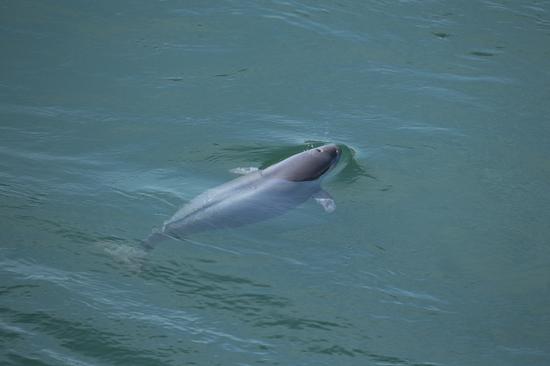
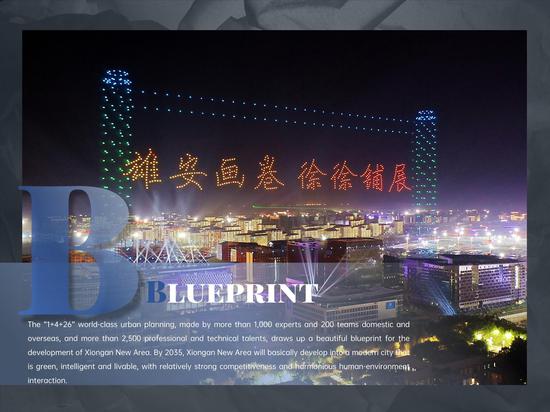

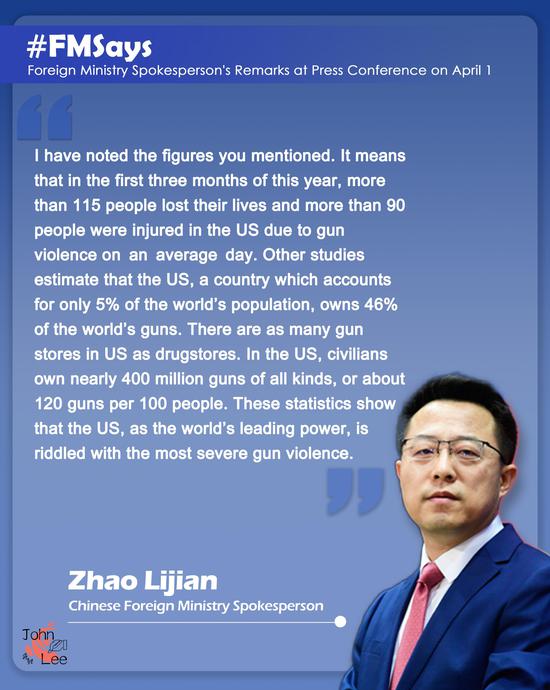
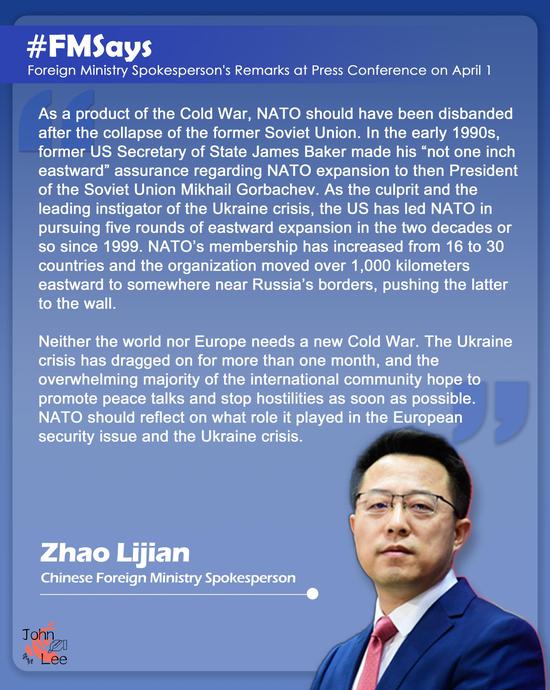



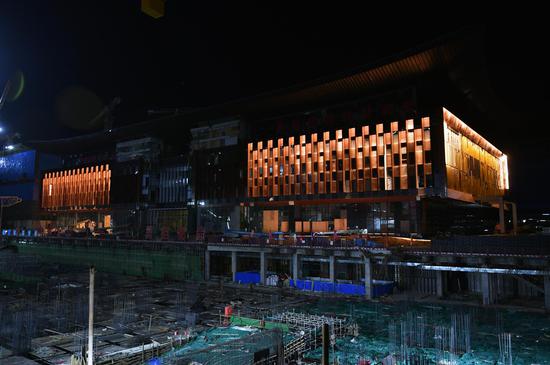

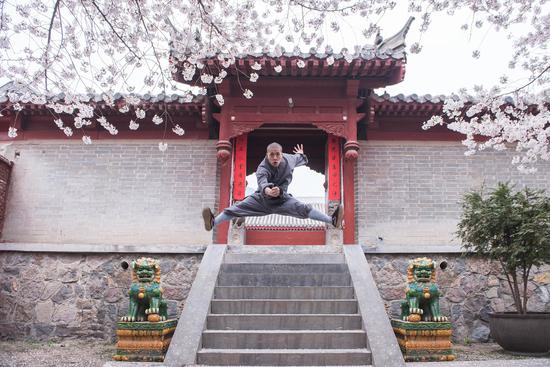





 京公网安备 11010202009201号
京公网安备 11010202009201号